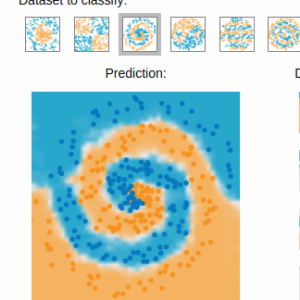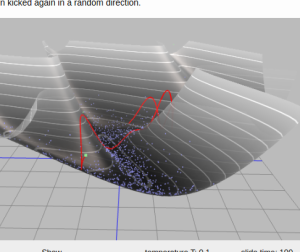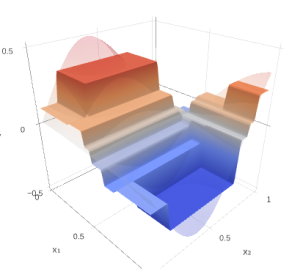Rule of statistical error
This rule is in the spirit of famous Murphy’s laws.
A long time ago I noticed that in science (as well as programming or any other area of knowledge) there are ‘hot topics’, and too many people claim that they have some expertise in these areas.
At the same time, the number of people and resources involved doesn’t bring the results which you can expect from such huge collective.
So, the rule of statistical error says: the progress is due to statistical error.
From statistical physics we know that system of $n$ particles has statistical error of observables around $\sqrt{n}$. (also, deviation of sum of $n$ i.i.d. observables is also proportional to $\sqrt{n}$).
This means, that
- if 1 person says that he works on properties of some quantum group, there is one man really working on this problem
- if 100 people say they are working on modelling on lattice modelling of some effect, the real job is done by 10 of them
- if 10’000 scientists say that they are working on deep learning, only 100 of them are able to improve something in this area
- if 1’000’000 people say that they know machine learning, new working methods and libraries will be brought by 1000 of them
- if 100’000’000 people claim to be professionals in business administration, we have 10’000 professionals, which won’t follow prepared recipes
So, the more knowledge ‘widespread’, the less portion of people are really into it, most people are just following trendy words. Still, area with 100x more researchers is developed 10x times faster.
 Gradient boosting
Gradient boosting  Hamiltonian MC
Hamiltonian MC  Gradient boosting
Gradient boosting  Reconstructing pictures
Reconstructing pictures  Neural Networks
Neural Networks